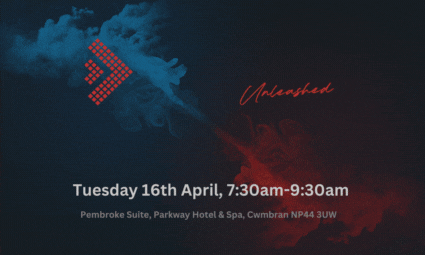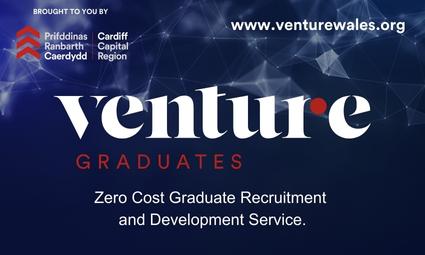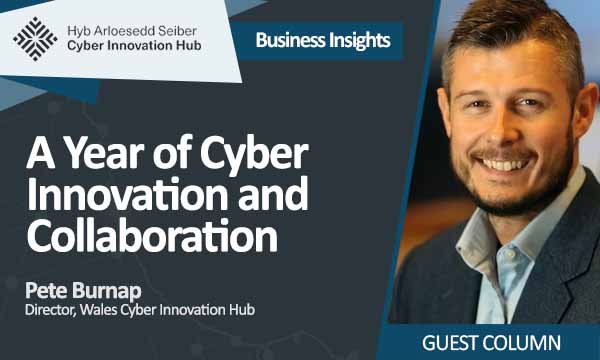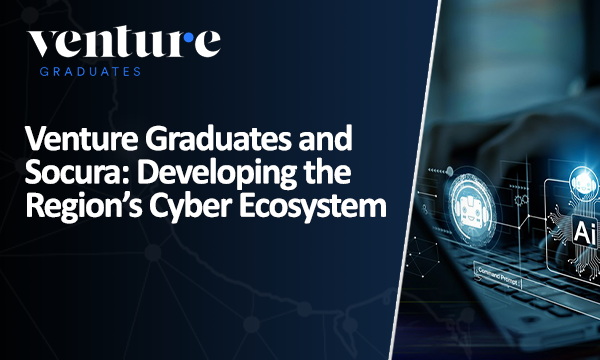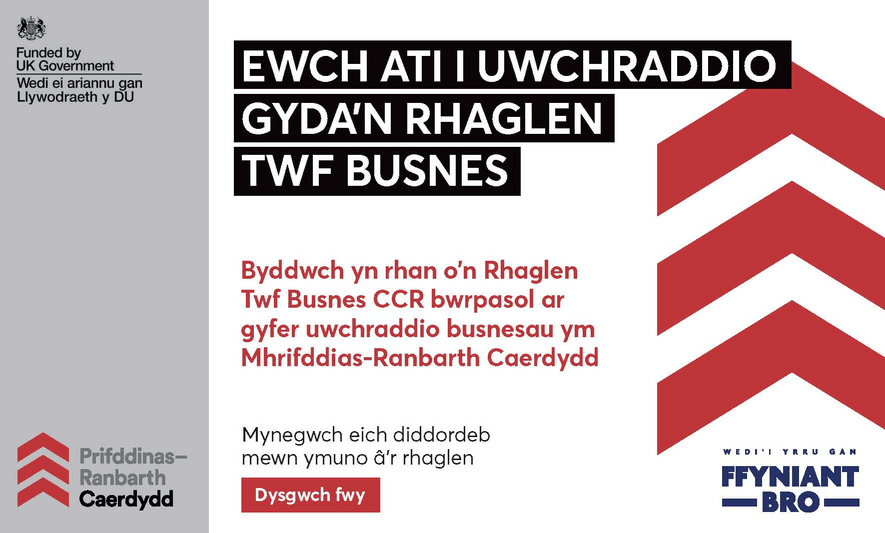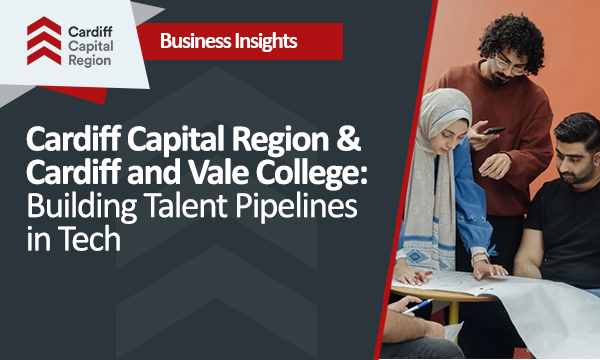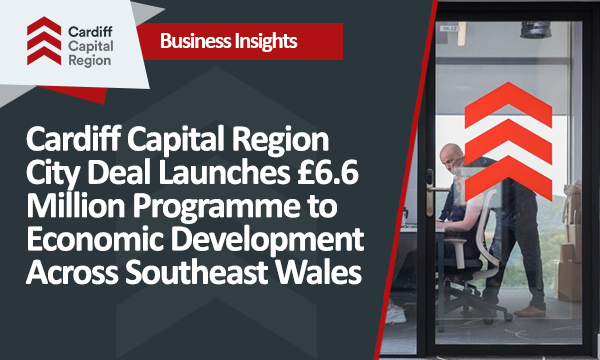miFuture, brainchild of former teacher and International Rugby player Gemma Hallett, is forging a new era for our dated careers process in the form of an app-based technology that matches our digitally-native Generation Z with local employability opportunities.
With the pandemic having a potentially disproportionate impact on young people’s prospects – and in a world where skills needs are constantly changing – there’s a clear need to connect our young people with real-time local employment, vocation and apprenticeship pathways:
An inspiring fusion of insight, innovation and technology
 miFuture is an inspiring example of the fusion of insight, innovation and technology. With 98% of GenZ using smartphones, it puts the world of opportunity in the hands of job-seekers, through a “tinder for careers” style app. And the future doesn’t stop there, with the next iteration of the journey about to enter a beta testing phase. Skills Bursts aims to penetrate the digital behaviours of our GenZ era by using gamification techniques in the form of a series of digital games and tasks aligned with transferrable essential employability skills – where the rewards are not points but rather local career matches.
miFuture is an inspiring example of the fusion of insight, innovation and technology. With 98% of GenZ using smartphones, it puts the world of opportunity in the hands of job-seekers, through a “tinder for careers” style app. And the future doesn’t stop there, with the next iteration of the journey about to enter a beta testing phase. Skills Bursts aims to penetrate the digital behaviours of our GenZ era by using gamification techniques in the form of a series of digital games and tasks aligned with transferrable essential employability skills – where the rewards are not points but rather local career matches.
Exciting? Inspiring? Ground breaking? We think it is. We also think it epitomises the things we need to do to deliver on our CCR ambition to become a truly Connected, Competitive, Resilient region. So in recognition of that, and in celebration of it being National Skills Day we caught up with Gemma Hallett, Chief Mobiliser and CEO at miFuture, to find out more about Skills Bursts.
Creating a brand-new job seeking experience
Firstly, we asked Gemma to explain what she has been creating behind the scenes at miFuture…
“I feel like the last five years has been building up to this question; ‘What if we could create a brand-new job seeking experience?’
“For years we have been in this space of wanting to push boundaries and that is exactly where we are with Skill Bursts; taking the gamification of learning apps like DuoLingo, applying it to employability skills – and then rewarding players with real-time future-focused job and training opportunities.
“We don’t just reward them with badges and high scores, but with nudges like ‘hey you’re doing great, Bridgend College have a construction course for you’; or ‘NDEC are running a Cyber Camp’ or ‘Newport Wafer Fab have an apprenticeship they want you to apply for’. The more they play, the more skilful they become – and the more opportunity nudges they receive.”
Providing pathways to better jobs closer to home – in growth sectors with significant skill gaps.
“In essence, miFuture provides a timely intervention that does not currently exist. If we can get these types of nudges into the hands of young people early enough, we aim to encourage them away from low skilled jobs and send them on a different trajectory that benefits them and the local skills economy. We can literally reward them with pathways leading towards better jobs, closer to home – and towards the emerging, priority and growth sectors that have significant skill gaps.”
Using tech as a hyperlocal solution to move young people towards employment and training in every community in Wales.
How is your approach different to others in this space?
“For me it’s about being hyperlocal and opening doors to emerging, growth and priority sectors. There are local roles available that lead to fulfilling and skilled futures – and we have got to make people aware of them. Showcasing corporate roles in London or Manchester to a 17yr old in Porth will not move the needle. It will not mean anything to a school leaver in Aberystwyth or a girl on a construction course in Bridgend.
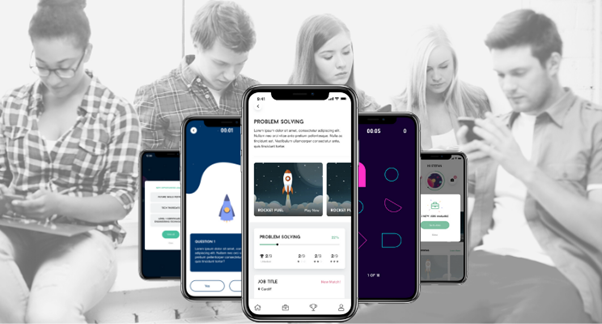
“There are some incredible apps in this space, with the likes of IBM, Vodafone and HSBC as partners in big UK cities. That looks good for your brand right? But we are forgetting that 95% of businesses are Micro (0-9 employees) and these are the employers that are right there in the heart of young people’s communities. These small but successful enterprises cannot compete perception-wise against the ‘big guys’, so they tend to rely on ‘who they already know’ when they recruit. We are doing it differently, the opposite to what the big guys and platforms are doing – and that is how we intend to make an impact, using tech as a hyperlocal solution to move young people towards employment and training in every community, village and town in Wales – and ultimately the UK and beyond.”
Improving the skills in the local talent pool and economy by upskilling our own people.
Can you expand on what you mean by “hyperlocal”?
“A school leaver that does not go to university is less likely to leave their hometown, right? That’s the most critical time for me, if we can capture young people at this point and nudge them towards local sectors, their trajectory changes and so does the quality of their future. It also improves the skills in the local talent pool and economy by upskilling our own people.
“Lynette Thomas at the Open University claims that ‘employers in Wales are spending more than £350 million a year on the skills shortage but buying skills and not building them is a short-term approach’. That is not sustainable, but a pipeline of young talent nudged early enough, is.”
Reaching into current digital behaviour to reinvent the way school leavers engage with opportunities.
How will gamifying employability skills work?
“There’s no doubt that skills are the employee currency of the future and young people have an ability to accelerate their skill sets far faster than previous generations. This ‘bite size’ generation is coming of age and the way skills are acquired will change everything that has gone before.
“67% of Generation Z are mobile gamers and training through gamification has a 184% higher completion rate than training that does not. Skill Bursts operates at this intersection of gaming and learning – feeding into that desire for instant gratification and rewards that is synonymous with this on-demand digital-native generation.
“So in effect we are reaching into this generation’s current digital behaviour to reinvent the way school leavers engage with opportunities.”
Pushing boundaries to leverage a young person’s skillset to match local sector needs
What can we look forward to seeing and hearing more about in 2021?
“We are going hard on Skill Bursts, for sure – pushing boundaries to leverage a young person’s skillset to match local sector needs. We’ll continue exploring with Cyber, Construction and Digital Sector leaders and we’ll be expanding the depth and width of content and opportunities with other sectors too.
“We’re about to soft-launch a beta list at skills.mifuture.co.uk, to gain more feedback and involvement before hard launch. We’re thrilled to have Careers Wales on-board as sponsor of the initial Problem-Solving Skill Burst and helping us reach school leavers across Wales. This will be crucial in tackling a gamified UX that inspires a digital native generation – and I’m incredibly excited about getting the volume of users for us to truly test, learn and improve on this.
“This has not been done before. It’s a great project of co-creation, listening and learning from employers, Welsh sector leaders and the young people themselves.
“If anyone wants to be part of this early chapter in the Skill Bursts journey, we would love to hear from you.”




